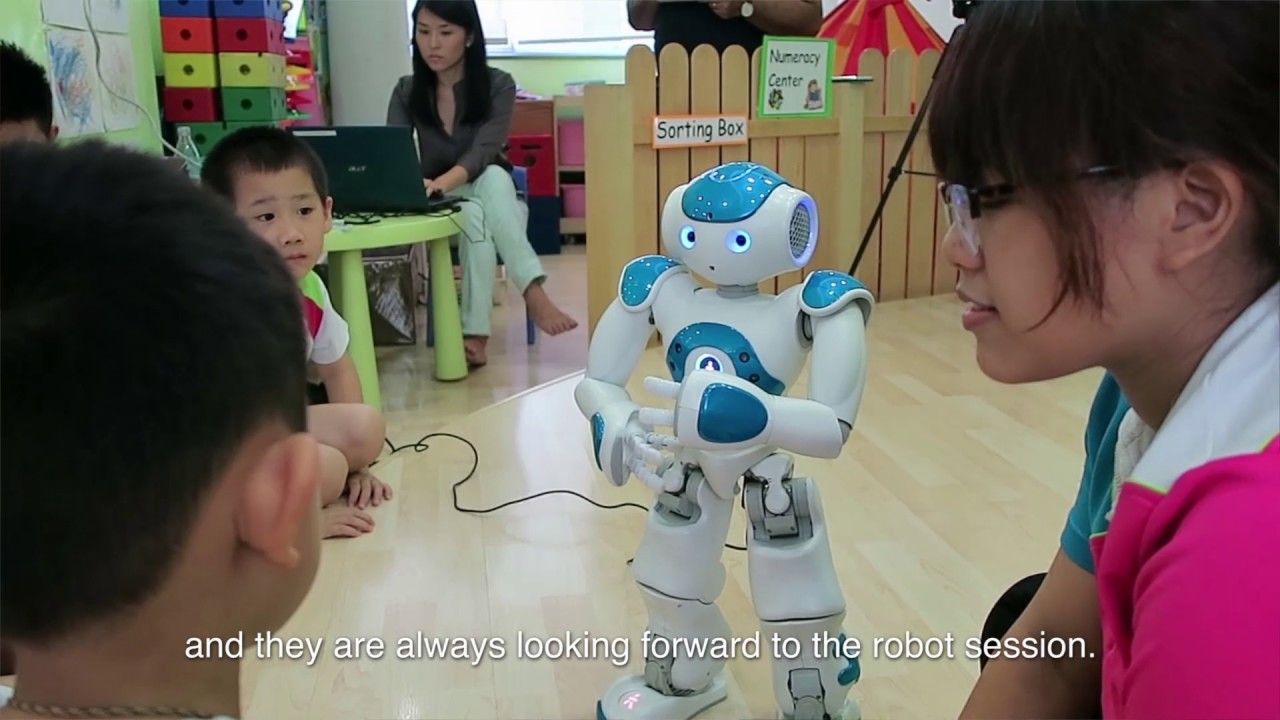Apr 14, 2018
Digital Financial Services for the world’s poor can be accelerated with Blockchain
Posted by Bill Kemp in categories: bitcoin, finance
Digital financial services (DFS) are among the quickest and most effective ways of turning millions of unbanked citizens into formal financial customers. For the first time in history, digital and mobile technology make full financial inclusion not only possible but profitable.
At the heart of the Level One Project Guide is a national system, enabled by shared, open, standards-based components. The system is designed to accommodate variability in local rules, structures, and the existing regulatory framework. The system either provides or contracts for core shared operating components including the interoperability service for transfers (IST) and the fraud and risk management service (FRMS). Structured as a cost-recovery or not-for-profit model, the by-laws and operating rules for IST and FRMS commit to providing low-cost payments capabilities that can support the needs of the poor.


















